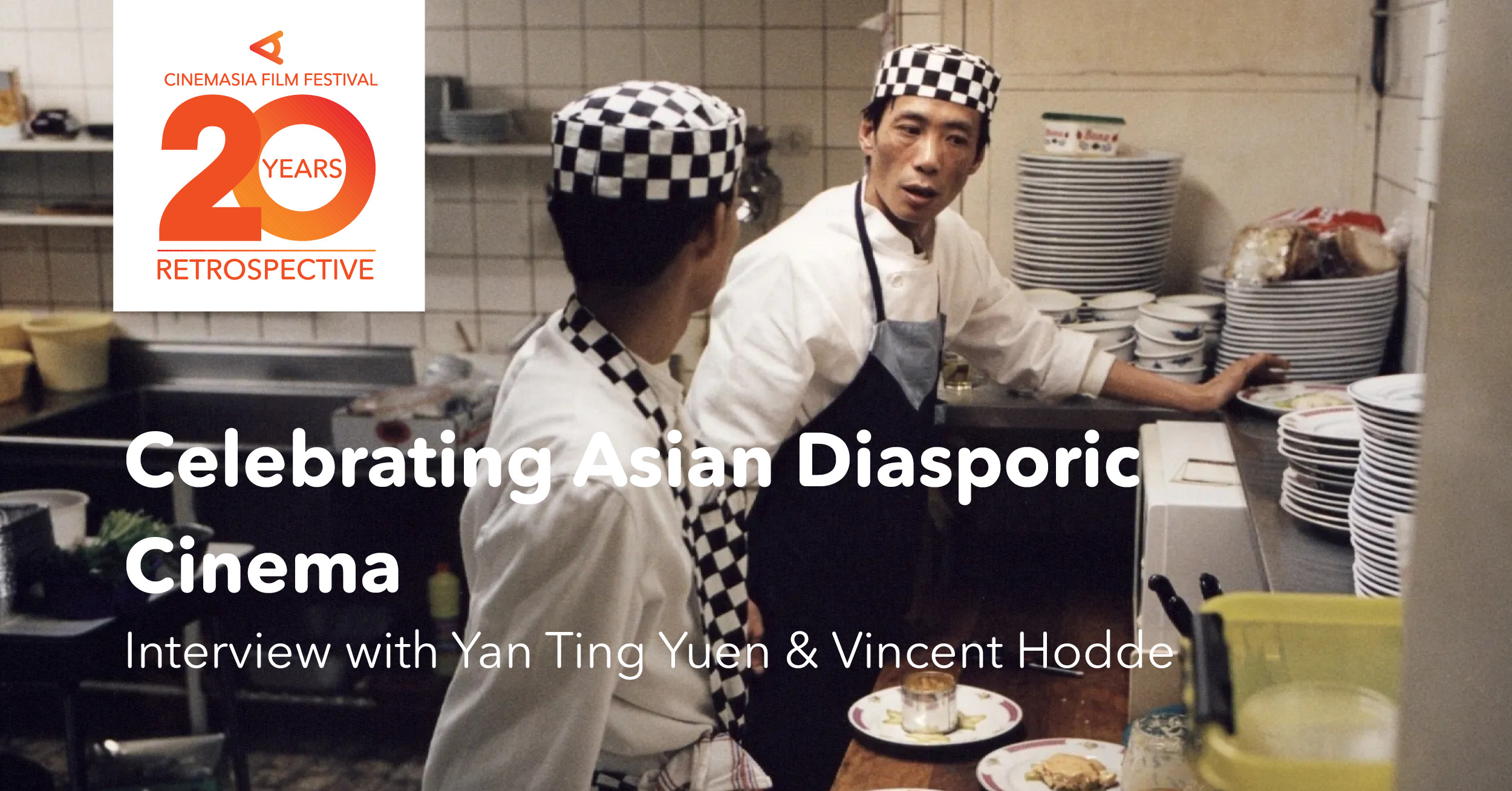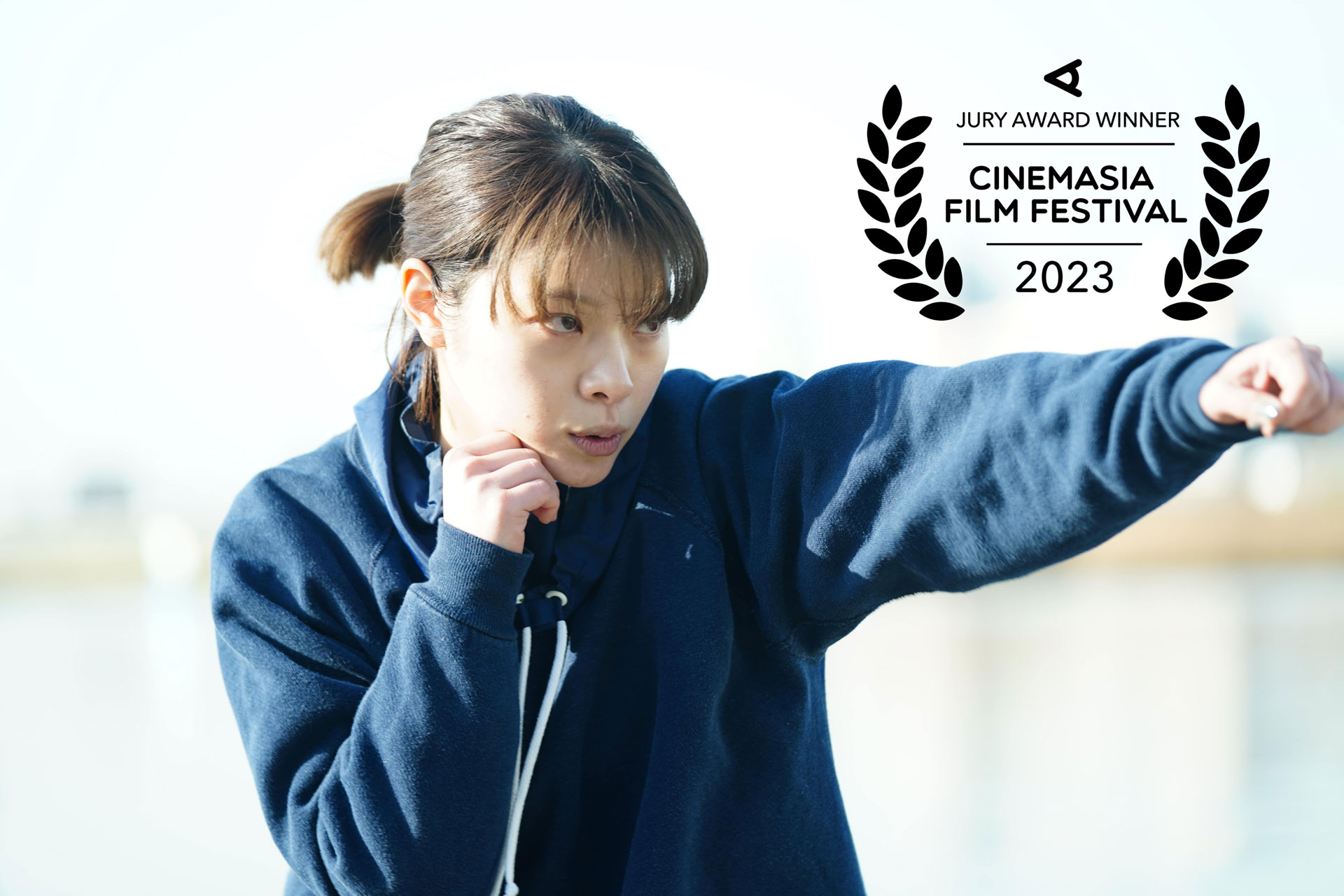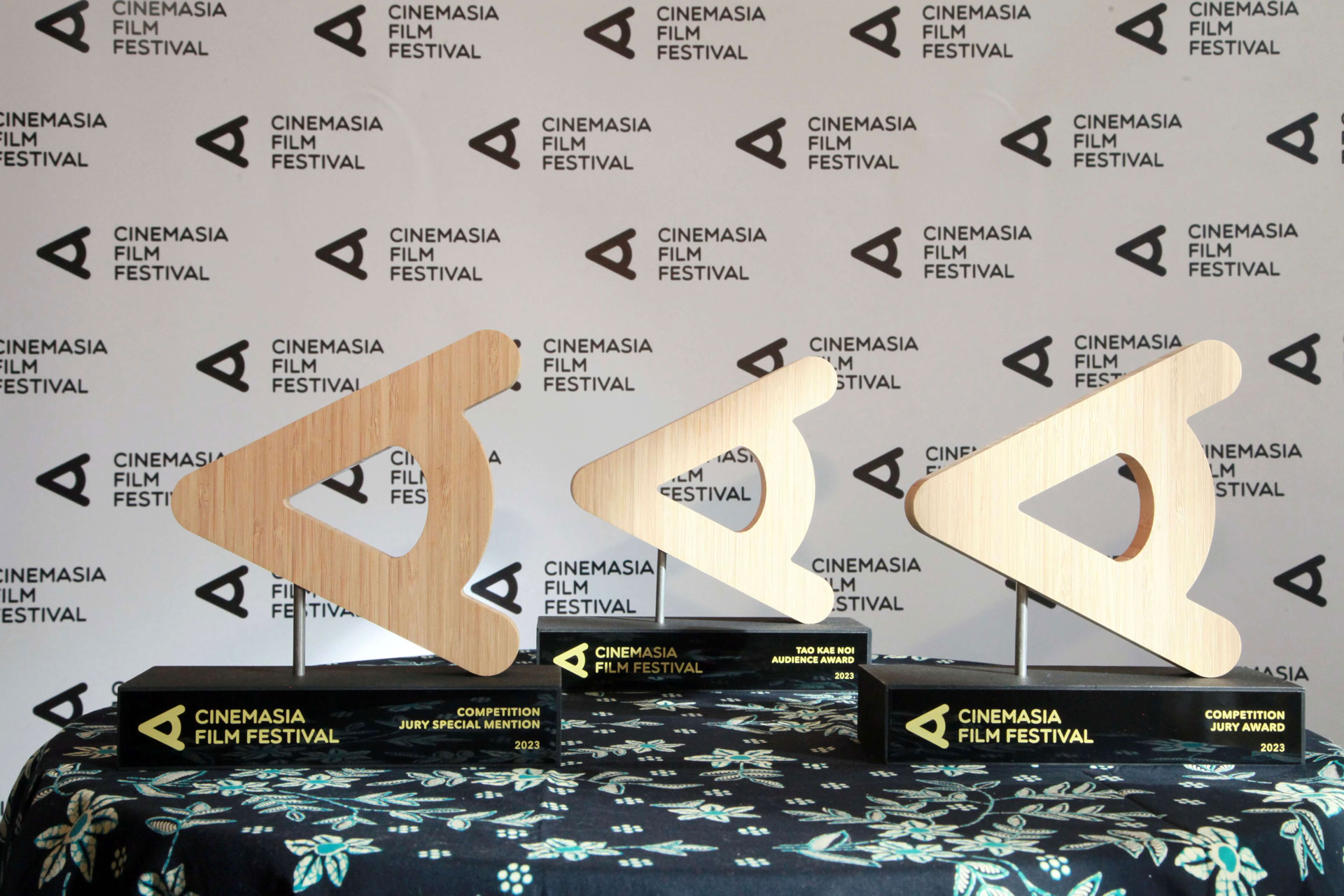
Women Lead Women: Changing the Narrative in the Film Industry
CinemAsia, as a film festival and a cultural platform, is about diversity and representation. We want to give voice to those who have not been able to speak for themselves and give them power to create freely. As we come closer to this year’s edition of the festival, we want to recognize those who have made it all possible and have carried CinemAsia beautifully throughout the 20 years of great Asian cinema.
 Doris Yeung is the founder of CinemAsia, but she is also a director, writer and producer. She has created 3 feature films and documentaries: MOTHERLAND (2009), TAXI STORIES (2016) and THE UGLY MODEL (2019), all of which were screened at CinemAsia. Doris has seen all of the stages of the festival and thanks to her, it blossomed into what it is today. Together with other women, she created a platform for the Asian community to feel seen, recognized and appreciated. In the light of the 20th anniversary of CinemAsia, we look at the past, the present and the future of women in cinema.
Doris Yeung is the founder of CinemAsia, but she is also a director, writer and producer. She has created 3 feature films and documentaries: MOTHERLAND (2009), TAXI STORIES (2016) and THE UGLY MODEL (2019), all of which were screened at CinemAsia. Doris has seen all of the stages of the festival and thanks to her, it blossomed into what it is today. Together with other women, she created a platform for the Asian community to feel seen, recognized and appreciated. In the light of the 20th anniversary of CinemAsia, we look at the past, the present and the future of women in cinema.
Julia: Since the beginning, films directed by women have always been an integral part of CinemAsia’s program. As a filmmaker yourself, how do you think the position as a woman helps with navigating the film industry?
Doris: During my studies in film, as well as in the work field, it was very male-dominated, most of the directors were male. The film industry, whether on the festival side, behind the camera, or in companies, is very hierarchical, so it is almost military in terms of leadership, and women were always seen as not able to lead on a film set, or in other parts of the process. And if you look at all the directors of the major film festivals, the A-list festivals, they are all men, usually.
Even now it is still men. I think I cannot even name one female director of an A-list festival, like Cannes, Berlin, etc. I think the only one I know now is Sundance.
In the last 10 years, it has changed, with women, but also with people of colour, they finally understand that the industry needs to be more diverse, and thus they are including more women and more people of colour.
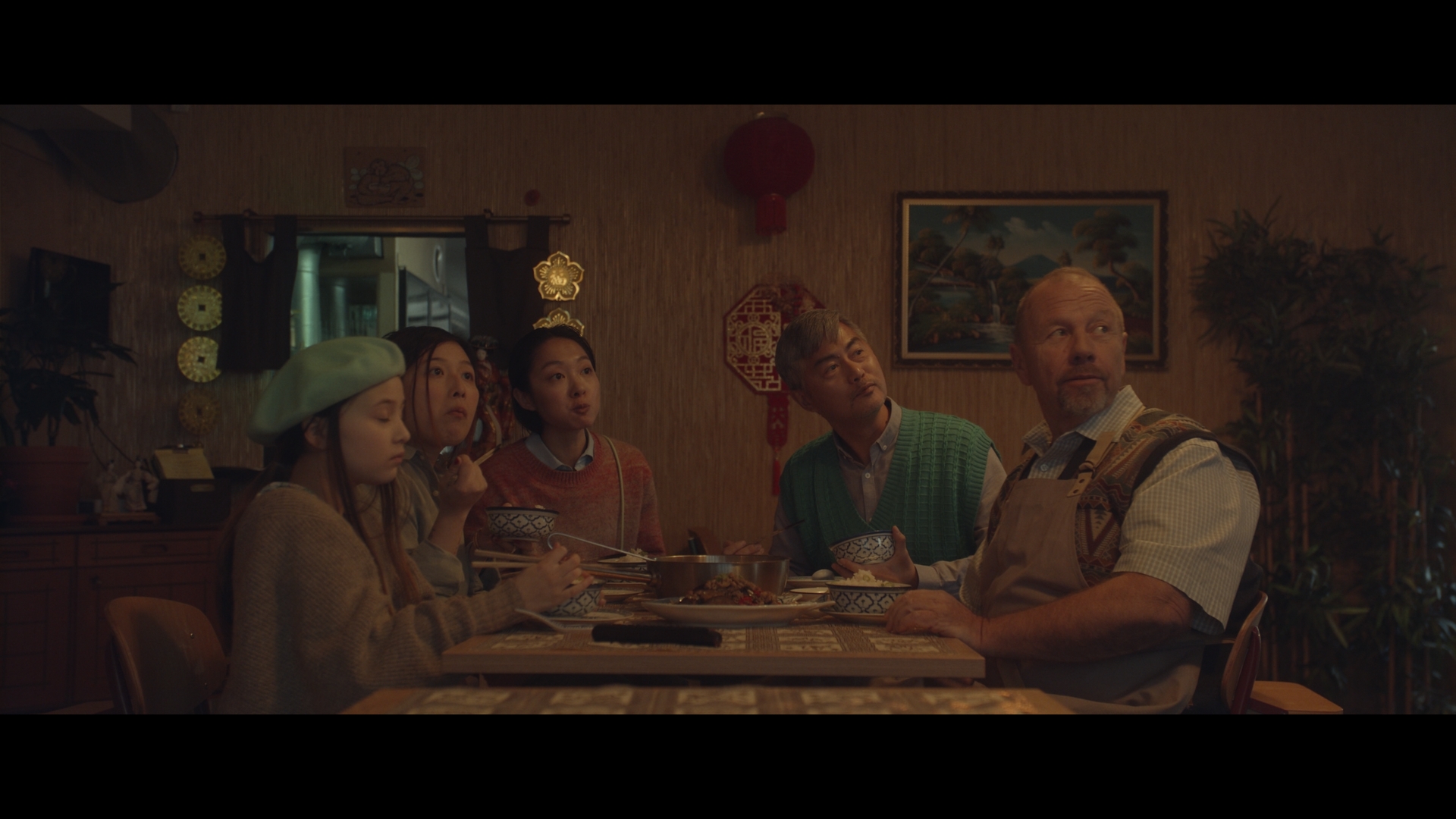
J: This year CinemAsia gives voice to the young female directors in the “Finding My Way: Hong Kong Female Directors” shorts program. Many filmmakers have been pushing against the dominance of men in the industry and achieved recognition and acclaim. More importantly, they claimed a spot at the table against the odds, but there is still more work to be done. How do you see the future of women in the film industry?
D: I think it is getting better. We saw the success of BARBIE (2023), which was directed by Greta Gerwig. Two years ago we had a Chinese woman, Chloé Zhao, who won 3 Academy Awards for NOMADLAND (2020). So that’s a person of colour and a woman. Things are slowly changing, which is good.
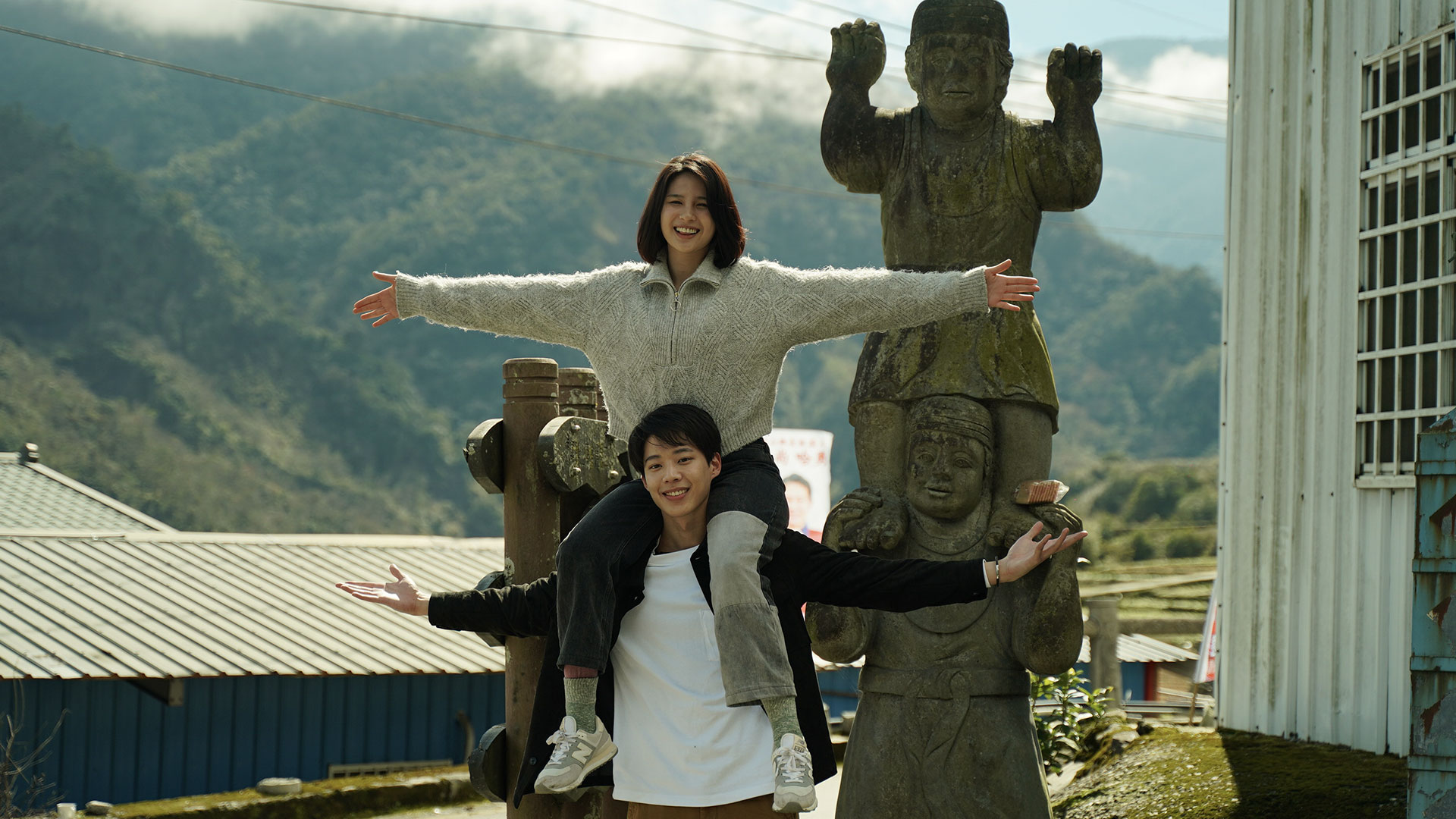
J: CinemAsia 2024 opens and closes the festival with two films directed by women – HAPPY PALACE (2024) and GAGA (2022). Laha Mebow, the first indigenous female director from Taiwan, who directed GAGA, will attend the festival. Her talent was awarded with the Best Director award at the 2022 Golden Horse Awards, making history for all women in the industry. What does having more women-directed films mean in the long term for Asian cinema?
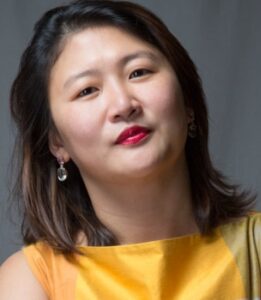
Lorna Tee
D: At CinemAsia, we really believe in promoting the Asian voice, but we also believe in promoting women’s leadership in the culture sector. We have been doing that from the beginning: promoting the Asian narrative, but also the female leadership. Women lead women as well. Women provide the room for other women and mentors, and that is one thing I am also very big on: mentorship. Because if you do not have a mentor, it is very hard to navigate certain industries, especially the film industry.
Four out of the five festival directors we had were female. Lorna Tee, who was the festival director for three years, is now the mentor for the programmers, and a member of the board. She really brought us artistically to a very well-respected level in terms of our programming.
Lorna has been a big female figure in CinemAsia, along with Bianca Kuijper, who was our general manager for five years and she helped to professionalise CinemAsia on the business side.
And then the third person is Judith Mulder, who was the FilmLAB producer and who expanded the program. I started FilmLAB in 2006, but she took it over in 2008 for me. And so she led FilmLAB from 2008 until 2019, when she sadly passed away. Judith was a big proponent also of mentoring young people, especially guiding young Asian filmmakers in their first steps into making a film. She showed them how to make a film. So CinemAsia is that platform for the first steps, a platform for Asian community, BIPOC community, and for empowering women.

Dewi Vrenegoor
Another person who has contributed greatly to CinemAsia is Dewi Vrenegoor, who has been our managing director for the last two years. She started out as a volunteer and then she did the side programming of the LGBT program. Finally, she became our managing director and is now responsible for fundraising and project management.
J: Throughout the 20 years of CinemAsia, representation of the Dutch-Asian diaspora was, and still is, an important part of the festival. This year we celebrate this tradition with a fantastic selection of Dutch-Asian films, including CHIN.IND. LIFE BEHIND THE SERVING HATCH (2001) and SOUNDS OF ORIGIN (2018), both directed by women. How do you think the relationship between Asia and Europe has changed since the founding of CinemAsia?
D: I started the festival because of a lack of visibility of Asians in the Netherlands in terms of the media. Asian people were not represented at all, you rarely saw them. And when you did, they were portrayed in a very stereotypical way, like in the roles of the takeout delivery boy or the geisha, dragon lady and so on. Now people realise that that is not what Asians are, but some of these stereotypes still remain sometimes.
CinemAsia has been the grandmother of pushing the diversity, inclusion, and representation of Asians in the Netherlands. We were the first organisation to really put attention on this. We still are the only Asian film festival in Europe which predominantly has an Asian programming staff and leadership team.
J: As a founder, you witnessed the growth and expansion of CinemAsia. What would you say is your favourite part of the festival?
D: My favourite part of the festival, I would say, is FilmLAB, because my heart is for creating work. I am a filmmaker myself, and I love to create stories, to tell stories. And I believe telling stories of our local community, which is what FilmLAB does, is about telling stories of the Asian community here in the Netherlands. That is very unique and we are the first ones and probably still the only ones to really put attention on this. And you are creating something new that was not there before.
Our mission is threefold. The mission is to create Asian stories, which we do with FilmLAB. It is also to show Asian stories, which we do through the films during the festival, in the theatres and on our online platform. And then the third pillar is to train. We train cultural workers to be leaders in the cultural sector. And my favourite of that, I would say, is creating and training. Besides FilmLAB and training, I love working with people, the young people, especially coming up and seeing them grow and take positions and move up the ladder.
I love to see people grow. I love to see people go from being volunteers to being in the positions of leadership. And that is what CinemAsia is about.
The 2024 edition of CinemAsia Film Festival will, as always, feature many films from female directors, including 13 feature films and 7 shorts. Apart from our opening and closing films, the productions featured in the Competition and Panorama programs present a perspective unique to female creators.
![]()
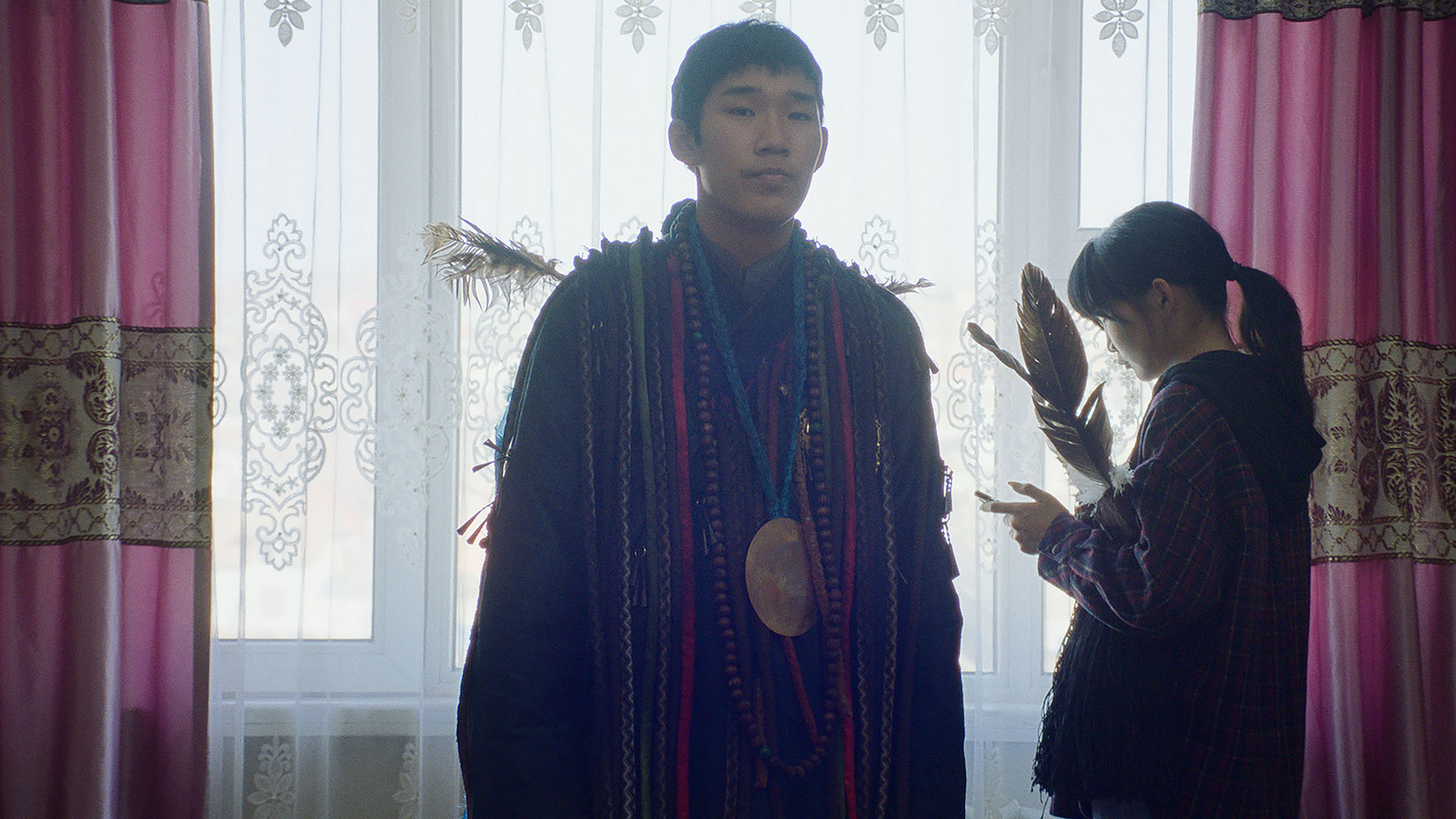
In the Mongolian film CITY OF WIND (2023), a 17-year-old shaman navigates between his traditional duties and newfound desire when he meets 16-year-old Maralaa, taking him on a profound journey of self-discovery. The director Lkhagvadulam Purev-Ochir showcases Mongolia’s cultural richness in this coming-of-age story.
Geng Zihan’s A SONG SUNG BLUE (2023) will make its Dutch debut during the festival.
During one ordinary summer in Harbin, shy teenager Xian meets the older, free-spirited stepdaughter of her estranged father. Together, they explore their lives and desires under the restless summer sun, marking the end of their childhood innocence.
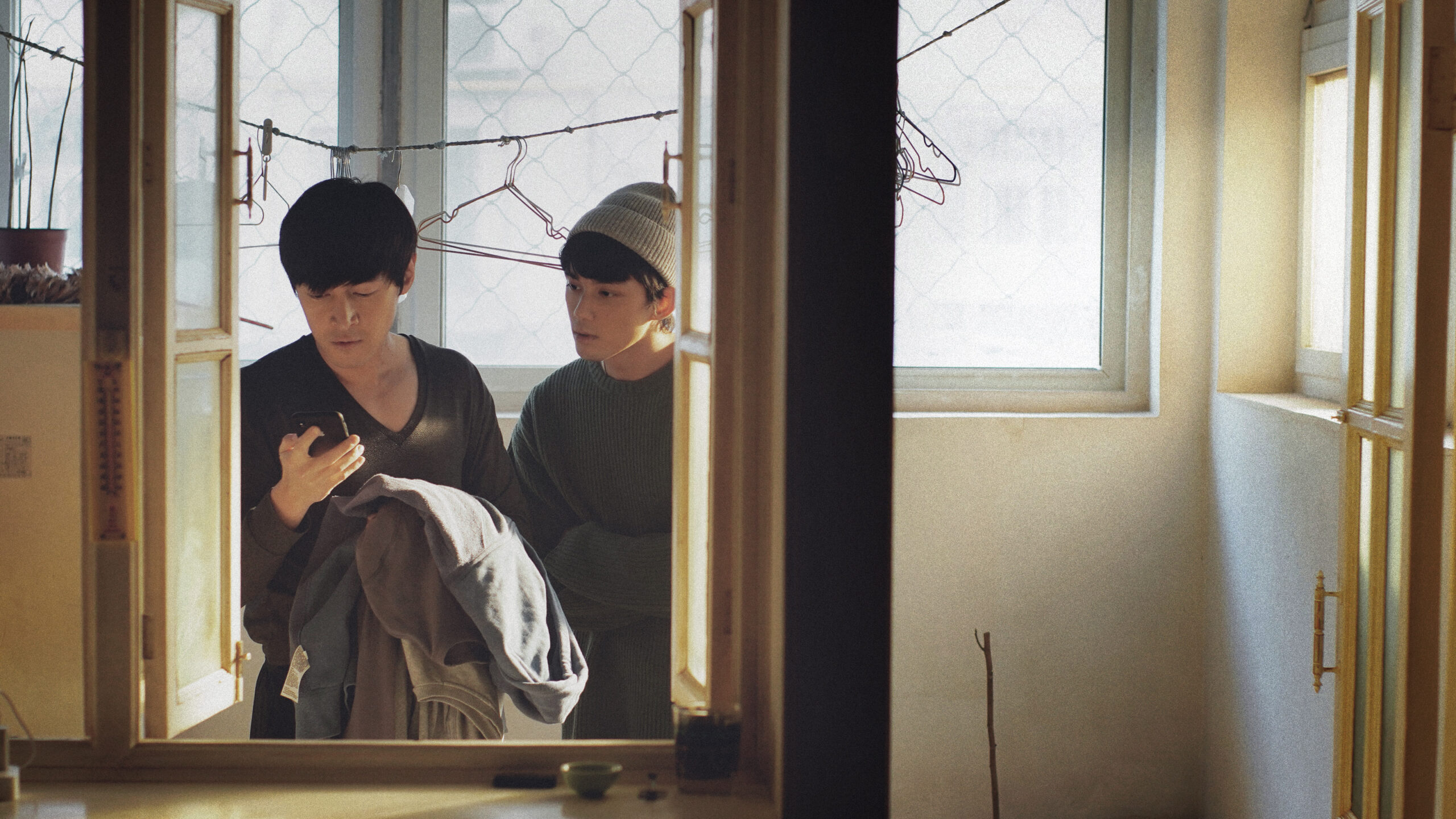
In the Panorama selection, we look at a variety of films from women, one of which is ALL EARS (2023), directed by Liu Jiayin. Wen Shan is a former screenwriter who writes eulogies for a living. Through meeting the families of the deceased, he pieces together the lives of ordinary people and comes to a deeper understanding of life.
 The program also features BAND FOUR (2023), a heartwarming story of Cat, a struggling indie singer, who is unexpectedly reunited with her estranged father and half-sister after her mother’s passing. Amidst tense emotions, the newly reunited family will try to come together through their shared love for music. The director Lai Yan Chi will be doing a Q&A after the screening on March 6.
The program also features BAND FOUR (2023), a heartwarming story of Cat, a struggling indie singer, who is unexpectedly reunited with her estranged father and half-sister after her mother’s passing. Amidst tense emotions, the newly reunited family will try to come together through their shared love for music. The director Lai Yan Chi will be doing a Q&A after the screening on March 6.
You can find other films directed by amazing women on our website. Save the date for 5-10 March at Studio/K, Rialto de Pijp and Rialto VU get your tickets now!
Author: Julia Kobielska

